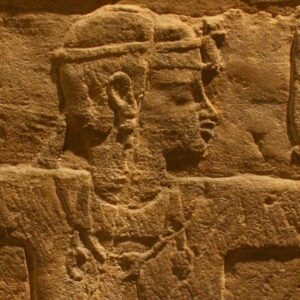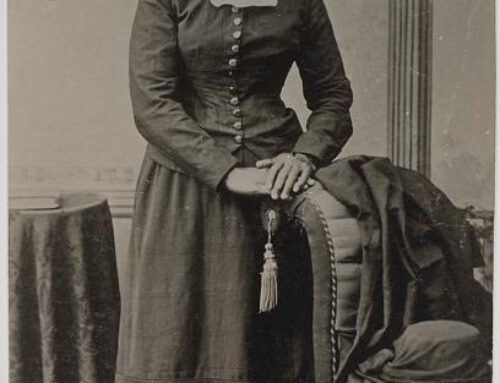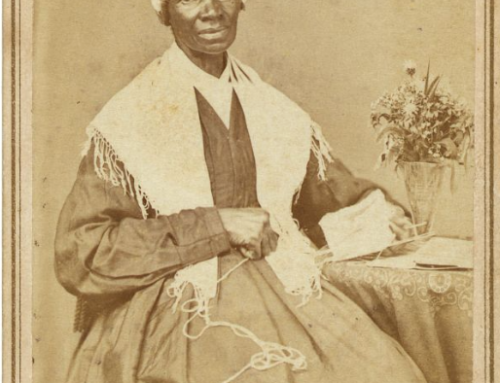
Queen Kandake Amanirenas
c. 40 BC to c. 10 BC
Photo source: https://www.blackpast.org/global-african-history/kandake-amanirenas-10-bc/
Imperialism is not new, which shouldn’t come as a surprise given that it’s such a multifaceted strategy that often results in genocide. The many faces of imperialism include, but not limited to, militarism, nationalism, capitalism, slavery and/or labor exploitation, and racism. However, resistance, like imperialism is not new either.
Born sometimes between 60 and 40 B.C, her legacy is defending her kingdom against the Roman Empire as an archeress. Queen Kandake Amanirenas was birthed in a culture of people who mastered archery. Naturally, she would take on this skill which would eventually propel her into leading her people in war.
The Roman Empire sought to impose taxation (Cornelius Gallus) on mush controlled regions. Three years later, kushites attacked Philae and Syene. In 25 B.C., King Teriteques was killed in battle. The mantle of rulership was passed on to Queen Amanirenas.
In 24 BC, new Roman leadership, Governor Gaius Petronius, was able to shift war in favor of the romans due to the help of 10,000 soldiers. They successfully reconquered Philae and Syene. This resulted in expanded Roman territory and enslavement of the Kushites.
This “win” for the Roman Empire came at the expense of Queen Amanirenas losing her son and her eye. Despite the overwhelming force of the Roman army, the strong resistance of Kushites helped them secure a peace agreement.
This peace agreement ensured the freedom of her people from imperialism, helped retain ownership of their land, and they didn’t have to pay taxes to the Romans.
Queen Amanirenas lost her husband, her son, and was visually impaired due to the violence of Roman Imperialism. Regardless of everything that was taken from her during the war, her leadership helped her people obtain freedom from their oppressors.
This is a leader of courage and sacrifice. We honor you Queen Amanirenas!
Receipts aka Sources:
https://artsandculture.google.com/story/queen-amanirenas-the-story-of-the-white-nile-nubi-archeress/bALSN3WTK_YEJA
https://www.blackpast.org/global-african-history/kandake-amanirenas-10-bc/








